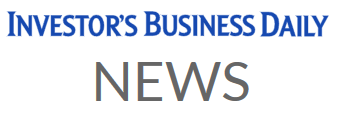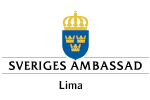
De Soto is working with the Bitfury Group, a tech company whose advisory board includes a variety of former U.S. government officials, on a pilot project to develop a Blockchain-based land registry in the Republic of Georgia.
Georgia, a nation in the diverse Caucasus region that became independent after the Soviet Union's collapse, has worked since the 1990s to strengthen the way its government functions and keeps records. How, exactly, the blockchain land-registry project will work in Georgia is not yet clear. But the nation's land registry system is already among the world's most user friendly, according to the World Bank.
The nation uses a what is called a one-window system, or a one-stop-shop online system that residents use to interact with the government, said Tomicah Tillemann, director of the Bretton Woods II Initiative at the think tank New America and a member of Bitfury's advisory board"Even in a good system, it takes a lot of paper pushing and a lot of signatures in order to validate a transaction.," he told IBD. "With blockchain, that process is streamlined, really profoundly. And you're able to take a lot of the friction and a lot of the transaction costs out of what would otherwise be a very complex transaction."
...
Read the whole article on the website of Investor's Business Daily


